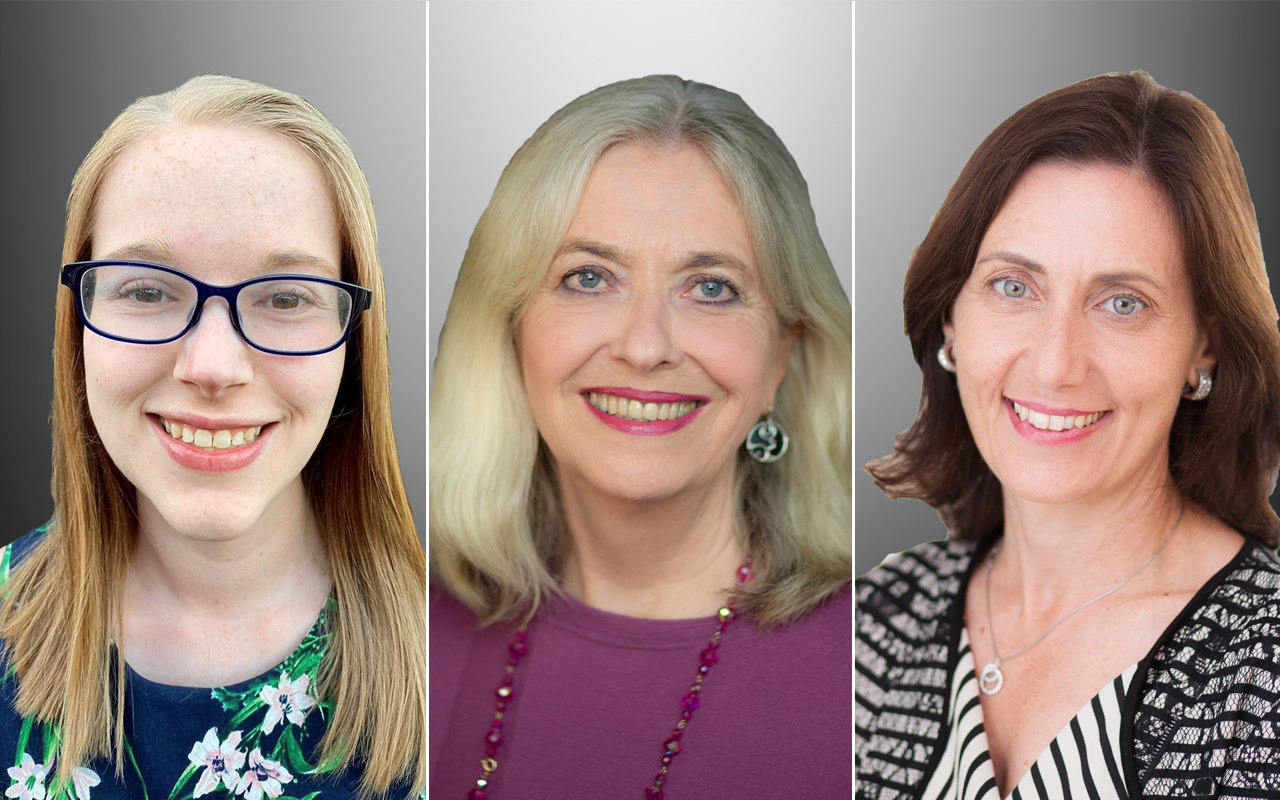AUSTRALIA relies on GPs as the community’s front-line primary care doctors, and they need a broad range of experience and skills to meet the challenge of independent practice. But are apprentice GPs being adequately prepared for the range of conditions they will encounter when it comes to treating children?
While it is true that learning to be a GP is to an extent always about learning on the job, there is concern that many GP registrars can lack confidence when dealing with mental and behaviourial issues in child patients.
To get a better understanding of the issue, we surveyed over 200 GP registrars on their confidence in dealing with child health. We found that more than 80% of registrars in the late stages of training reported feeling very confident or confident in managing paediatric patients, compared with half who were in the early stages of training, clearly showing the benefit of experience.
But we also found that while all registrars had high levels of confidence in dealing with acute conditions in children, only about a third expressed confidence in dealing with mental health and behavioural problems.
Recently published in the Australian Journal of General Practice, the survey was carried out in 2017 and was sent to 530 GP registrars in training with the Royal Australian College of General Practice (RACGP) in Victoria, of which 217 participants responded.
The vast majority reported feeling confident when managing conditions like upper respiratory infections (92%), gastroenteritis (89%), asthma (80%) or immunisations (81%). However, a much lower number felt confident with behavioural issues (7.6%), neuro-developmental issues like autism (9.6%), and mood disorders (22%).
Interestingly, there was a link between the type of compulsory prerequisite training received by registrars prior to commencing their apprenticeship and their confidence in managing these childhood conditions.
Registrars who had paediatric experience in community health settings reported higher levels of confidence in managing child mental health and behavioural problems when compared with the more common training background focused on emergency presentations in hospitals. A setting like an emergency department can offer little opportunity for exposure to chronic disease.
Most respondents (91%) had undertaken prerequisite training time in an emergency department seeing paediatric patients. It is unsurprising then that they were confident and familiar with handling the common emergencies that bring worried parents into a hospital every day and night.
However, these young doctors then entered GP training with less experience of mental health and behavioural problems, such as anxiety, depression and autism. This is particularly concerning given that these health issues are becoming an increasingly important part of the work of a GP seeing children and adolescents.
Australian research in 2015 found that the frequency of GPs dealing with child psychological problems almost trebled between 2000-03 and 2012-15.
Child patients with psychological and behavioural complaints also face long waiting lists to see community based and hospital-based paediatricians. It is vital then that our newly minted GPs have the confidence to manage the care of these children.
In contrast to the emergency department experience, about one third of respondents had spent prerequisite training time in a community paediatric setting, prior to entering GP training, and this group showed more confidence in managing the conditions that require continuity of care, such as behavioural problems and mental health issues.
It is not surprising that a community practice experience would better prepare registrars for managing issues that would require repeat visits. But how can we offer this experience to more doctors prior to them entering general practice training? Is there a way we can provide more access to and time with community paediatricians?
Or is the answer to provide more focused teaching on the particular learning gaps we have identified?
GP training is managed by regional training providers in the different states and territories, and generally takes three to four years. It may be that different approaches to training can influence a registrar’s confidence. We are therefore repeating this survey across Australia to determine if the same pattern of registrar confidence with managing childhood conditions exists in other parts of Australia.
This further work, together with the Victorian study, will point the way to whether GP registrars need more training in paediatrics prior to or during the general practice training program, or whether different kinds of community based training should be added to their emergency training experience.
Either way, this study is a reminder of the shifting nature of community needs, and the ongoing need to ensure that our new GPs are confident to practice all aspects of the broad range of work they face every day.
Dr Suzannah Williames is a GP registrar.
Professor Meredith Temple-Smith is the Deputy Head and Director of Research Training, Department of General Practice, Faculty of Medicine, Dentistry and Health Sciences, at the University of Melbourne.
Professor Lena Sanci is Deputy Head, Department of General Practice, Faculty of Medicine, Dentistry, and Health Sciences, at the University of Melbourne.
This article was first published on Pursuit. Read the original article.

 more_vert
more_vert